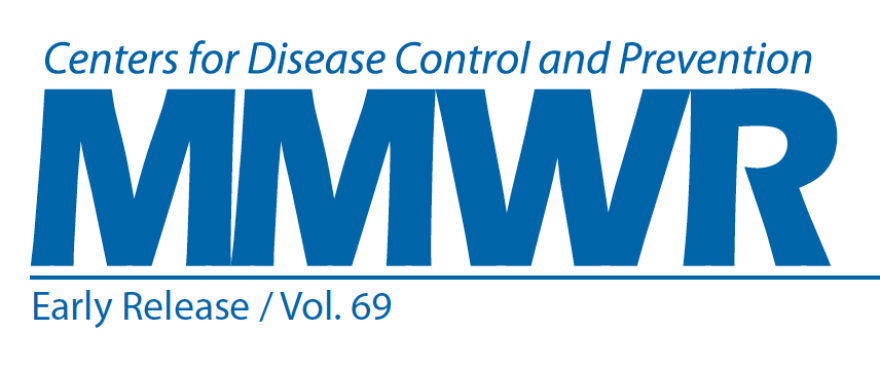The University of Rochester has contributed research to a national effort to track the spread and health impacts of the novel coronavirus.
The group’s preliminary research, published this month in a report by the federal Centers for Disease Control includes data from 14 states, including New York.
Dr. Nancy Bennett at URMC’s Center for Community Health and Prevention said disease surveillance information from Monroe and 14 other counties in upstate New York is part of the report.
“It’s a really big deal,” Bennett said. “COVID-19 is all that anyone’s thinking about right now.”
She said most information being shared by local health departments, and even the federal CDC, right now is short-term data. The study is looking for trends in that data that can define long-term research, she said.
In the short-term, Bennett said, “what matters is the numbers -- people hospitalized, people on ventilators. … That’s critically important for managing the outbreak. Health care systems have to know what to expect.”
But once the short-term crisis is over, she said, and governments begin loosening restrictions on daily life, long-term trends will be most valuable.
“We want to know, what made people sick? What are the risk factors? Why did this happen in certain populations? how could we prevent it next time,” she said.
National data turned up some of the same disparities as have been recorded locally, Bennett said. “African Americans and Latinos are overrepresented in the data. It’s consistent with what we know about health disparities, but it’s very disturbing.”
Answering questions about who is hit hardest by the coronavirus, and how it spread to those populations, could help the country reduce the death toll and disruption of future pandemics, she said.



